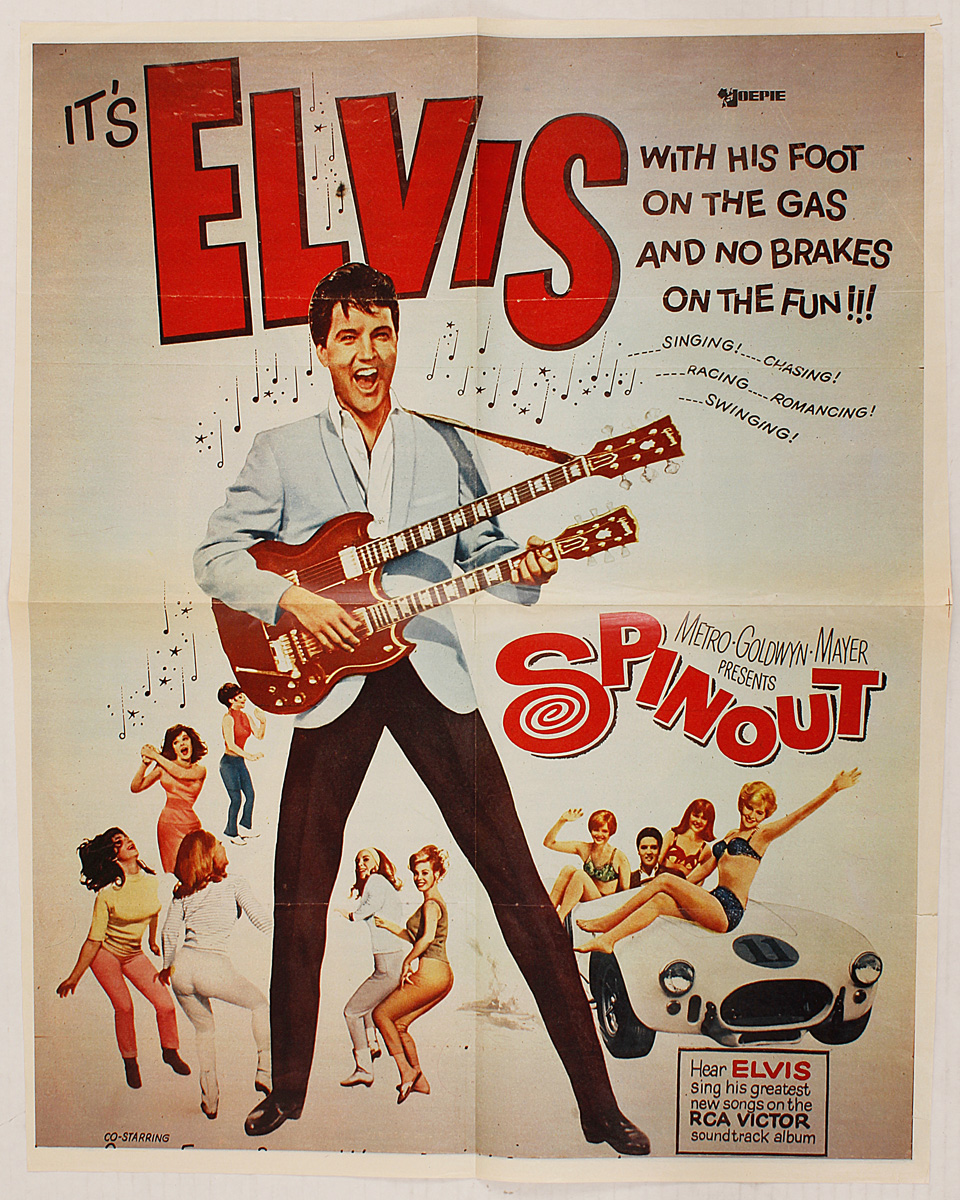

These conflicts are somewhat murkily explored, limited by personalities unused to stepping out of “Peelander” character - let alone expressing their personal feelings - in public. His resentment grows even as the group imports a new bassist in genial Peelander-Purple, aka Akiteru Ito. (There’s a particularly interesting passage where he relates first coming to NYC as an art student, and becoming so frustrated that he “killed” 300 finished canvases by painting them over in white.) He’s particularly put out by the departure after 12 years of Red, whose designated role as “the crazy one” now means 45-year-old Yellow must step up his own game (and risk of potential injury). Thus it’s a major crisis when one, then the other announces they will be leaving the act - largely, in both cases, because the newly-married men no longer want to live the barely-scraping-by lifestyle of endless van tours and living in an under-heated rehearsal space.(Yellow and Pink have bypassed this conflict by marrying each other, though there’s no insight whatsoever into their relationship here.)īut we also glean that beneath the manic public persona, Yellow is a somewhat sour, difficult taskmaster who may not be nearly as much fun to work with as the stage hijinks suggest. It’s noted that the band’s showmanship owes much to Red, who is glimpsed hanging off a lighting rig by his legs (while still playing bass) their levels of popularity and musicianship were boosted by the 2008 arrival of drummer Peelander-Green (Akihiko Naruse). People don’t often get the opportunity to be stupid.” Asked if she’s bothered when the band’s humor is dismissed as “stupid,” keyboardist Peelander-Pink (Yumiko Hioki) further defines their raison d’etre by shrugging “‘Stupid’ is a compliment. Music is kind of 10%, and 90% is kind of theater style,” says Kengo, who further admits he’s not much of a guitarist. “Of course we practice song, but we don’t really care about song. Though they’ve released several CDs, their live shows are clearly the main attraction, with antics including “human bowling,” mock superheroic battles, a squid costume for bassist Peelander-Red (Kotaro Tsukada, who sometimes rides a unicycle while wearing it), and much audience participation. In its elaborately ridiculous mythology, Peelander-Z is a “Japanese Action Comic Punk Band” that somehow came from Planet Peelander to make Earthlings “happy happy.” They have color-coded costumes/personas, a la Power Rangers, and sing songs like “Ninja High School,” “Panda Punk” and “Do the Laundry.”Īn all-too-rapid-fire montage charts their odyssey since 1998 as industrious nurturers of a modest cult following on the indie rock scene. theatrical release that will unfold somewhat in tandem with a live tour for the band’s current incarnation.Īn initial sit-down interview with leader Kengo (aka Peelander-Yellow) establishes some basic “facts” (and input from other personnel soon reveals how skittishly unaccustomed they are to speaking out of “character” or without his permission). But it’s fun entering these performers’ universe even with a less than all-access pass.

This aptly colorful documentary doesn’t provide all that much insight into the act’s history, and the human conflicts aren’t fully illuminated, either. The high-energy silliness of their stage act becomes a contrast to offstage drama as the group’s ongoing existence is threatened by a couple personnel departures. Jonathan Yi and Michael Haertlein’s “Mad Tiger” chronicles a tumultuous period in the career of Peelander-Z, a cartoonish conceptual punk band of NYC-based Japanese expats.


 0 kommentar(er)
0 kommentar(er)
